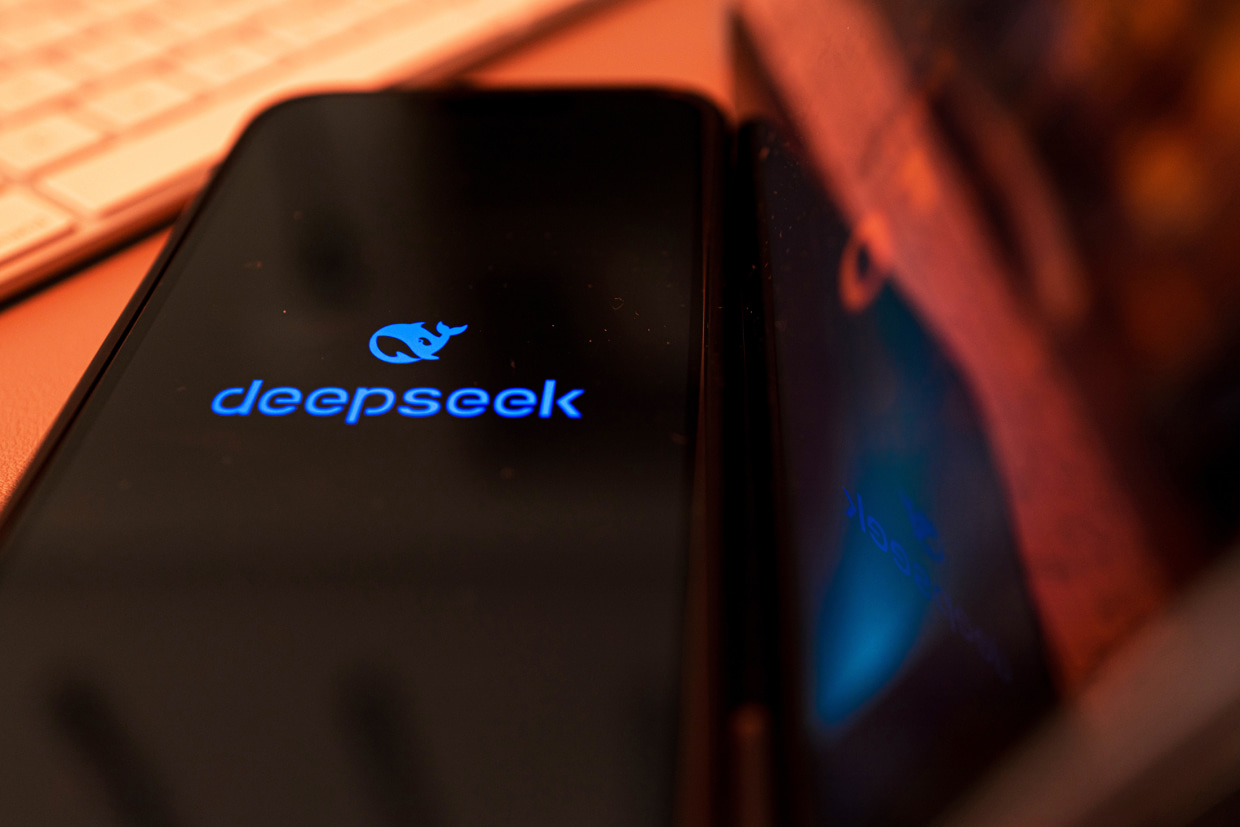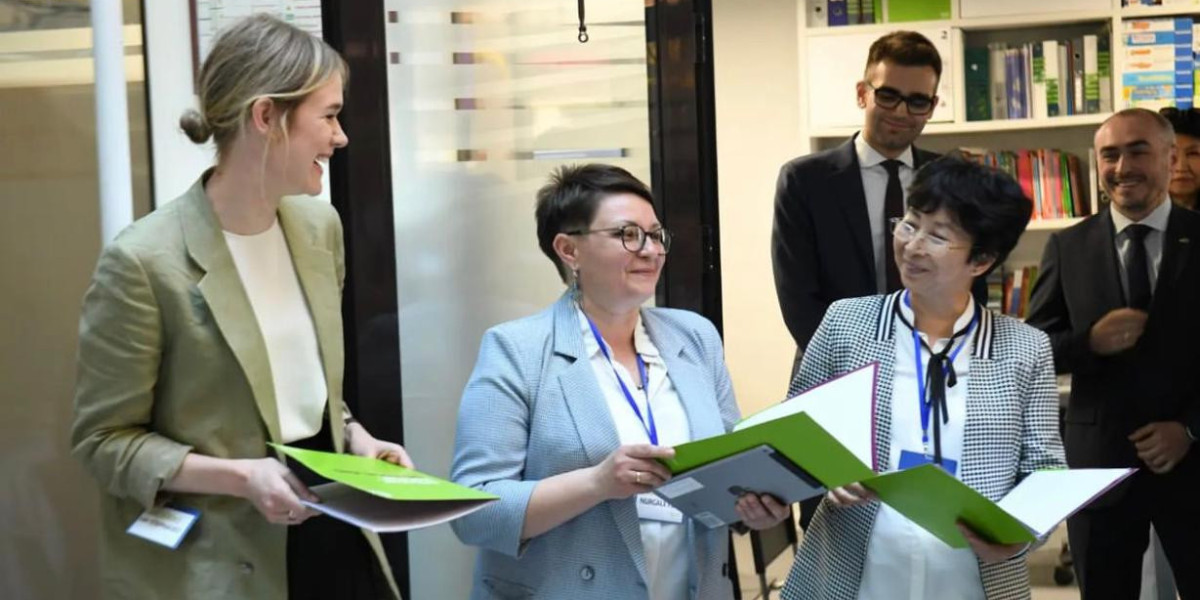Technology is changing our world at an impressive rate! Its sweeping modifications can be found all over and they can be described as both thrilling, and at the very same time frightening. Although people in lots of parts of the world are still trying to come to terms with earlier technological transformations along with their sweeping social and academic ramifications - which are still unfolding, they have been woken up to the reality of yet another digital revolution - the AI transformation.
Artificial Intelligence (AI) innovation refers to the ability of a digital computer or computer-controlled robotic to perform jobs that would otherwise have actually been carried out by humans. AI systems are designed to have the intellectual processes that characterize people, such as the ability to reason, discover meaning, generalize or discover from previous experience. With AI technology, vast amounts of info and text can be processed far beyond any human capability. AI can also be used to produce a vast variety of new content.
In the field of Education, AI technology comes with the potential to make it possible for brand-new kinds of mentor, finding out and educational management. It can also boost learning experiences and support instructor tasks. However, in spite of its positive potential, AI also poses significant risks to trainees, the teaching neighborhood, education systems and society at big.
What are some of these threats? AI can reduce mentor and discovering processes to computations and automated tasks in methods that cheapen the function and impact of instructors and compromise their relationships with learners. It can narrow education to just that which AI can process, design and deliver. AI can also intensify the worldwide lack of certified teachers through disproportionate costs on technology at the cost of investment in human capacity development.
The use of AI in education likewise produces some essential concerns about the capacity of instructors to act purposefully and constructively in identifying how and when to make cautious usage of this technology in an effort to direct their expert growth, discover services to obstacles they face and improve their practice. Such basic questions consist of:

· What will be the role of teachers if AI technology become commonly implemented in the field of education?

· What will assessments look like?
.jpg)
· In a world where generative AI systems seem to be developing brand-new capabilities by the month, akropolistravel.com what skills, outlooks and competencies should our education system cultivate?
· What changes will be required in schools and beyond to assist trainees plan and direct their future in a world where human intelligence and machine intelligence would appear to have ended up being ever more closely linked - one supporting the other and vice versa?
· What then would be the purpose or function of education in a world dominated by Expert system technology where humans will not always be the ones opening brand-new frontiers of understanding and knowledge?

All these and more are intimidating concerns. They force us to seriously consider the issues that develop regarding the application of AI innovation in the field of education. We can no longer simply ask: 'How do we get ready for garagesale.es an AI world?' We must go deeper: 'What should a world with AI appear like?' 'What roles should this effective technology play?' 'On whose terms?' 'Who chooses?'
Teachers are the primary users of AI in education, and they are anticipated to be the designers and facilitators of trainees' learning with AI, the guardians of safe and ethical practice across AI-rich academic environments, and to function as good example for lifelong learning more about AI. To presume these obligations, teachers need to be supported to establish their abilities to utilize the prospective benefits of AI while reducing its risks in education settings and larger society.

AI tools must never ever be created to replace the legitimate accountability of teachers in education. Teachers must remain accountable for pedagogical choices in using AI in mentor and photorum.eclat-mauve.fr in facilitating its uses by students. For instructors to be accountable at the useful level, a pre-condition is that policymakers, teacher education institutions and schools presume responsibility for preparing and supporting instructors in the appropriate use of AI. When presenting AI in education, legal protections need to also be developed to secure instructors' rights, and long-term financial commitments require to be made to make sure inclusive gain access to by teachers to technological environments and basic AI tools as essential resources for adapting to the AI period.

A human-centered approach to AI in education is critical - an approach that promotes crucial ethical and
useful principles to help control and direct practices of all stakeholders throughout the whole life cycle of AI systems. Education, offered its function to secure in addition to facilitate advancement and learning, has a special commitment to be completely knowledgeable about and responsive to the threats of AI - both the known risks and those only simply coming into view. But frequently the risks are overlooked. Using AI in education for wiki.fablabbcn.org that reason requires mindful factor to consider, consisting of an evaluation of the developing functions instructors require to play and the competencies needed of instructors to make ethical and sitiosecuador.com effective use of Expert system (AI) Technology.
While AI uses chances to support instructors in both mentor as well as in the management of finding out procedures, significant interactions between instructors and students and human growing need to remain at the center of the instructional experience. Teachers ought to not and can not be replaced by innovation - it is essential to safeguard teachers' rights and ensure appropriate working conditions for them in the context of the growing usage of AI in the education system, in the workplace and in society at big.








